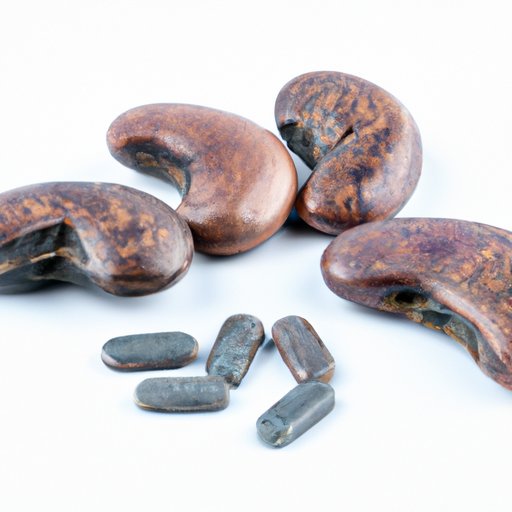How to Treat Kidney Stones: Management and Prevention
Kidney stones are small, hard deposits that form in the kidneys, made of minerals and salts. They can be caused by various factors including genetics, lifestyle, and diet. The symptoms of kidney stones include intense pain, nausea, and difficulty urinating. If left untreated, they can lead to complications and even kidney damage. Prompt treatment is essential to prevent further damage.
Treatment Options for Kidney Stones
Medical management: In some cases, kidney stones can be managed with medication. Pain relievers can help with the discomfort, while diuretics can increase urine production and help flush out small stones. Alpha-blockers can also relax the muscles in the ureter, making it easier for stones to pass.
Lifestyle changes: Making certain lifestyle changes can help prevent kidney stones from forming. Drinking plenty of water is essential as it helps flush out the stones. Additionally, maintaining a healthy diet and regular exercise can help prevent kidney stones.
Surgical procedures: In more severe cases, surgical intervention may be necessary. Common procedures include shock wave lithotripsy, where sound waves are used to break up the stones, and ureteroscopy, where a small scope is used to remove the stones.
Home Remedies for Kidney Stones
While medical management and surgery are effective treatments, home remedies can also help manage the symptoms of kidney stones.
Drinking plenty of water: Drinking water is one of the most effective ways to flush out kidney stones. Aim to drink at least 8 to 10 glasses of water a day, or more if you’re active or live in a hot, dry climate.
Taking pain medication: Pain relievers can help alleviate the discomfort associated with kidney stones. Over-the-counter medications such as ibuprofen or acetaminophen are effective options. It is best to consult a doctor before taking any medication.
Applying heat or cold: Applying a hot compress or cold pack can help reduce inflammation and alleviate the pain. Place a hot compress on the affected area or take a warm bath to help ease the pain. Alternatively, apply a cold pack to the affected area to help numb the pain.
Dietary Changes for Kidney Stones
Reducing intake of oxalate-rich foods: Eating foods high in oxalates can increase the risk of developing kidney stones. Some examples of oxalate-rich foods include beets, chocolate, spinach, and rhubarb. It is important to limit the intake of these foods and consume them in moderation.
Increasing consumption of calcium-rich foods: Contrary to popular belief, consuming calcium-rich foods can actually help prevent kidney stones. Calcium binds with oxalate in the body, preventing it from being absorbed and potentially forming stones. Foods high in calcium include milk, cheese, and yogurt. It is important to consume calcium in moderation and consult with a doctor if you have a history of kidney stones.
Medications for Kidney Stones
Diuretics: Diuretics are medications that increase the production of urine. This can help flush out small kidney stones and prevent them from getting larger.
Alpha-blockers: As mentioned earlier, alpha-blockers can help relax the muscles in the ureter. This makes it easier for stones to pass through the urinary tract and out of the body.
Pain relievers: Pain relievers such as ibuprofen or acetaminophen can help manage the pain associated with kidney stones. In more severe cases, stronger prescription pain medication may be necessary.
Follow-up Care and Prevention
Importance of Regular Check-ups: Regular check-ups with a doctor can help monitor kidney stones and ensure that they are not growing or causing any damage. If you have a history of kidney stones or are at a higher risk for developing them, it is important to have regular check-ups.
Tips for Preventing Future Kidney Stones: Some tips for preventing kidney stones include drinking plenty of water, maintaining a healthy diet, and staying physically active. Additionally, it is important to limit the intake of oxalate-rich foods and consume calcium in moderation.
Conclusion
Kidney stones can be a painful and uncomfortable experience. Treatment options include medical management, surgical procedures, and home remedies. Making certain lifestyle changes, such as drinking plenty of water and maintaining a healthy diet, can also help prevent kidney stones. It is important to seek prompt treatment and have regular check-ups to prevent future complications.
